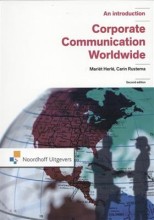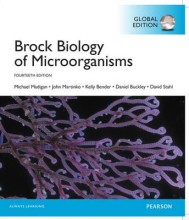Processual and post-processual critique
10 important questions on Processual and post-processual critique
What where the views of Binford? (new archaeology)
- Scientific methods (to date organic matter for example = link between archaeological questions, material and other disciplines)
- Archaeology is about human behaviour; Human behaviour shows patterning across time and space. We can use those generalities to recognize them in the archaeological record
- Away with history
- Logical positivism (scientific knowledge is the only kind of factual knowledge)
- Hypothetic-deductive reasoning = verifiable work (justified true believe)
- Observation, falsification, and hypothesis testing
What were the views of Clarke? (new archaeology)
- Testing is important, but no natural science
- Closer to the artifacts, rather than human behaviour
- Interested in statistics, in systematizing our understanding of how human societies developed over time
Processual archaeology characteristics
- Identifying evolutionary stages in past societies
- Stressing the systemic structure of past societies
- The external environment was key in understanding material culture (Cultural Ecology)
- Foregrounding scientific approaches to the material past
- Towards the notion of process
- Being explicit regarding one’s assumptions and concepts
- Arguing for control of variability in an archaeological record
- Higher grades + faster learning
- Never study anything twice
- 100% sure, 100% understanding
Processual archaeology point 1: Identifying evolutionary stages in past societies
- Internal dynamics
- Understanding societal complexity
- Identify the driving patterns in societies that can be seen as the cause of change that leads to a more complex society
Processual archaeology point 2: stressing the systemic structure of past societies
- There is a predictable regularity to the study of human past
- Economic, religious and social developments were all equal parts of that system
Processual archaeology point 3: the external environment was key in understanding material culture (Cultural Ecology)
- Newly developed techniques (faunal, botanical analysis, 14c dating)
- Research entire ecological surroundings (Cult-His only objects)
- How do societies relate to their natural surrounding?
Processual archaeology point 4: foregrounding scientific approaches to the material past
- Taking a distance from history
- Looked at humans, as a species that was adapting to its surrounding, use of culture to do so
Processual archaeology point 5: towards the notion of process
- Moving from ‘when’ to ‘why’
- From descriptions of artefacts-> social, economic, ideological process
- Preference for the development of process (craft specialization, production intensity)
- An emphasis on longer-term trajectories
Processual archaeology point 6: being explicit regarding one's assumptions and concepts
- Rather than assuming vague explanatory terms
- Provide context to approach chosen
- Further the verifiability (controleerbaarheid) and the testing of archaeological research (Cult-hist: relying on expert knowledge or intuition)
Processual archaeology point 7: arguing for control of variability in archaeological record
- Focus on entire distribution of artifacts (cult-his: iconic sites and artifacts)
- Offsite research
The question on the page originate from the summary of the following study material:
- A unique study and practice tool
- Never study anything twice again
- Get the grades you hope for
- 100% sure, 100% understanding































